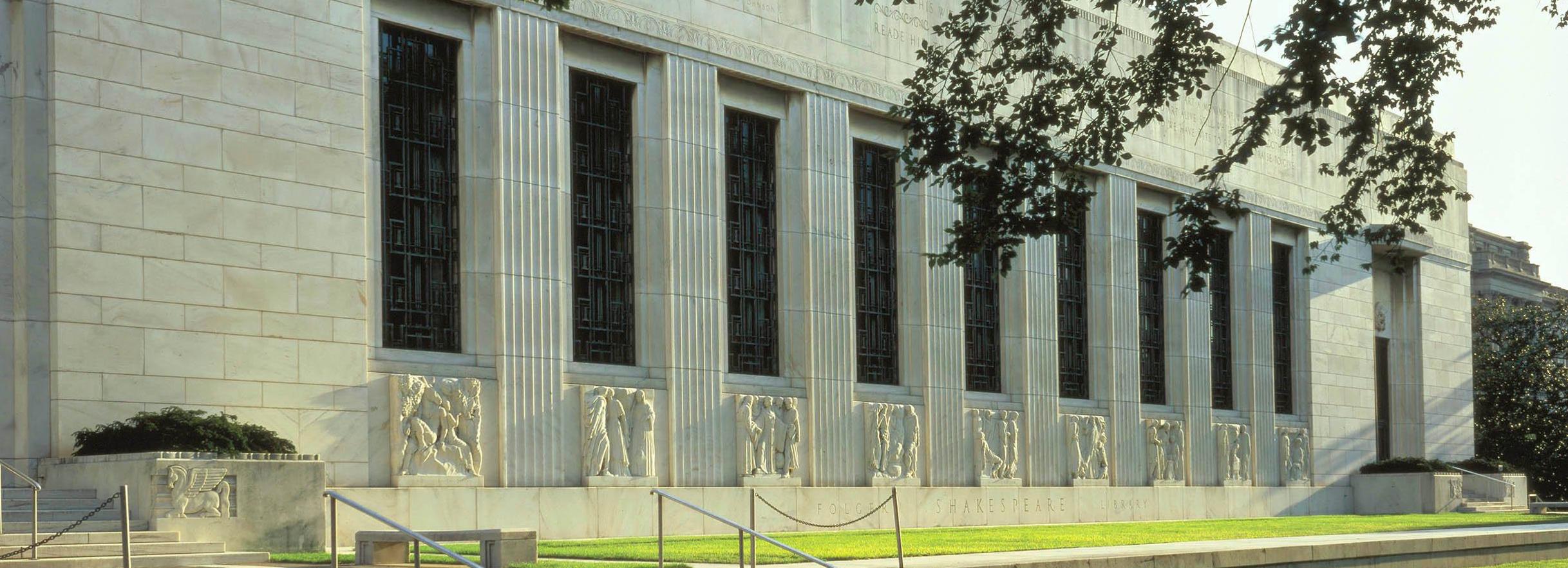
Thank you for your interest in Early Modern Studies at the University of Connecticut. We are a close-knit, interdisciplinary, and ever-growing community of teachers, researchers, students, and members of the public who share a passion for learning about the art, culture, and history of our early modern forebears.
The Early Modern period (c. 1450-1800) practically begs us to explore the relevance of their lives to our own, encompassing as it does so many of the crucial historical influences on who we moderns are: the scientific revolution; the artistic and literary glories of the Renaissance; suffocating systems of religious and political absolutism, but also paths to Reformation and religious tolerance; philosophical Enlightenment; crushing class, gender, and racial inequality and the birth of movements intent on eradicating them; the consolidation of European “nations” and the appearance of bureaucratized central states; the establishment of lasting overseas colonies and global trade routes founded in an age of “Discovery” nourished by an international slave trade and responsible for the erasure of entire, indigenous populations; the flowering of proto-capitalist and proto-globalist economies that both represented and necessitated earth-shattering cultural revolutions. Indeed, in struggling to understand this rich period and its impact on our present-day lives, we grapple not merely with the wonders and achievements of our forebears, but with their oftentimes, undeniably-horrific legacies as well.
Due in part to a diverse faculty with expertise in the entire range of such Early Modern subjects, UConn has been a member of the prestigious Institute Consortium of the Folger Shakespeare Library since 2014. As one of 46 universities worldwide who belong to Consortium, UConn affords its faculty and students invaluable opportunities to work in one of the world’s premier centers of study focused on the early modern world.
Thanks to the generous support of the UConn Humanities Institute (UCHI), we continue to develop our relationship with the Folger and cultivate our on-campus strengths through a robust, annual program of local events for our community members. These include, but are not limited to, the activities of the Early Modern Reading Group, the Works-in-Progress Writing Group, the external guest Speakers Series, and our bi-weekly Folger Transcribathon (paleography training) sessions.
If you are not already taking advantage of our exciting offerings, we hope that you will enjoy learning more about us in these pages and consider joining us soon! Please be sure to follow us on Twitter and check out our blog Ruff Draughts. Don’t hesitate to reach out to any of our affiliated students and faculty, or to contact me directly with any questions or suggestions you might have.
Sincerely,
Professor Greg Semenza
Folger Institute Consortium Executive Committee Member
Head of UConn’s Early Modern Working Group